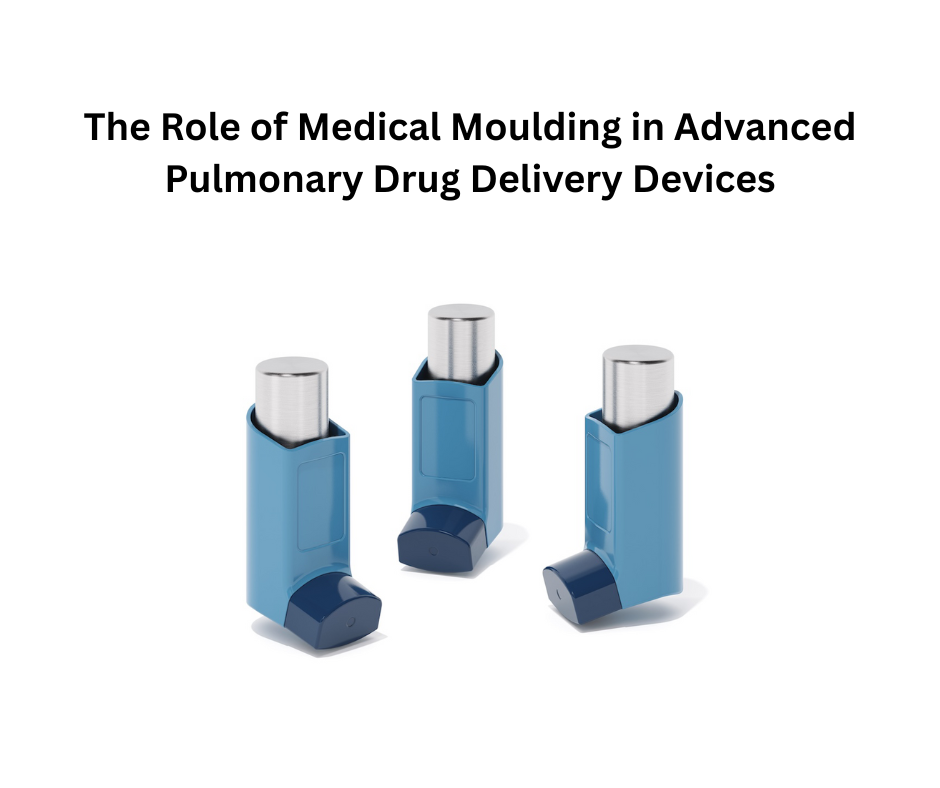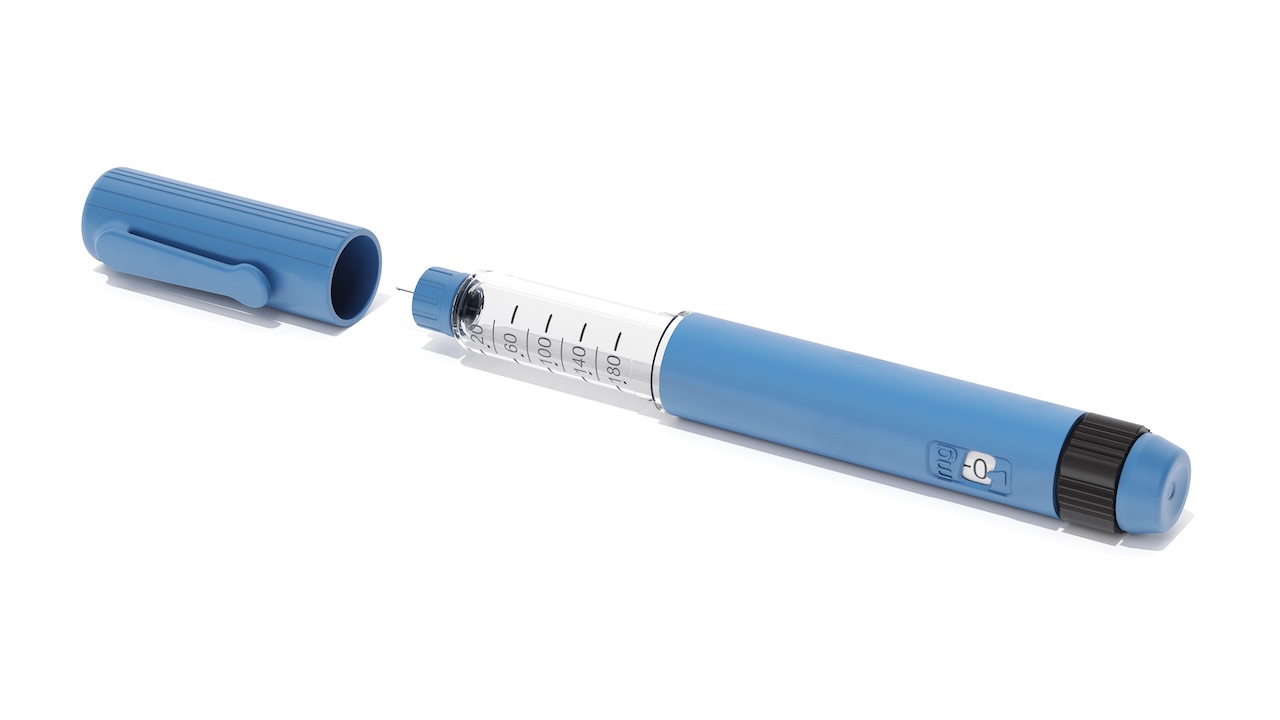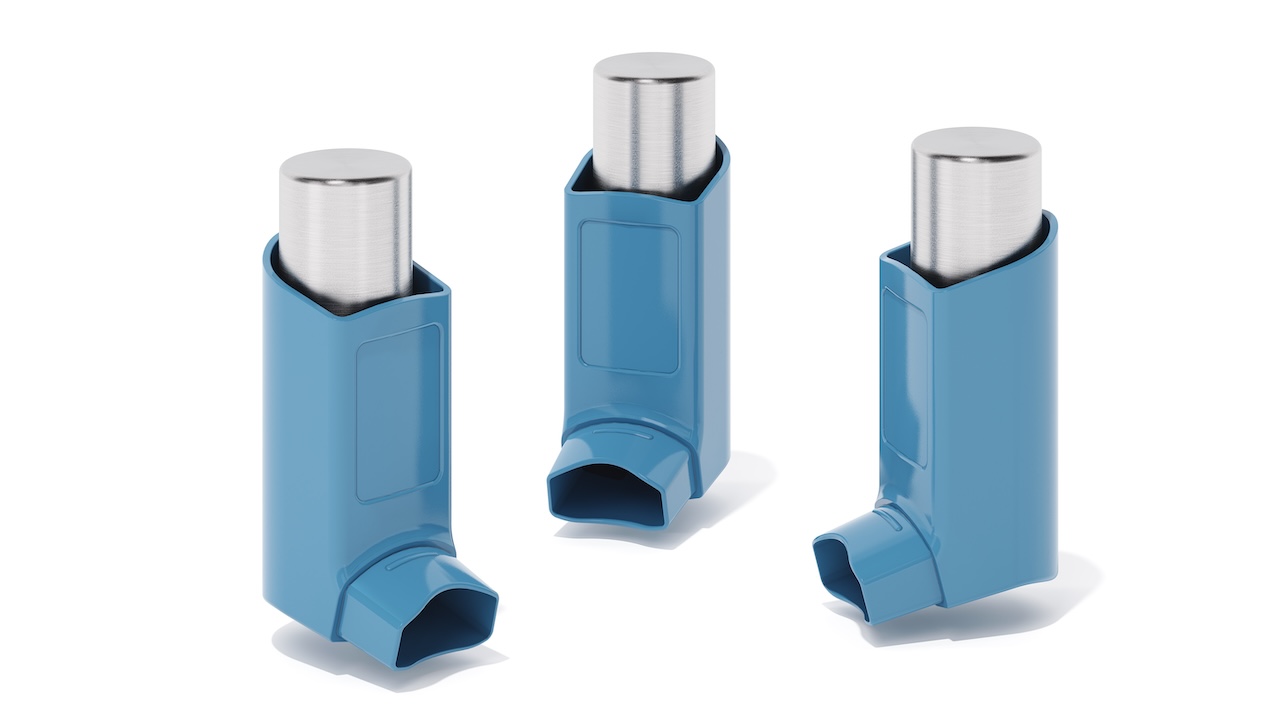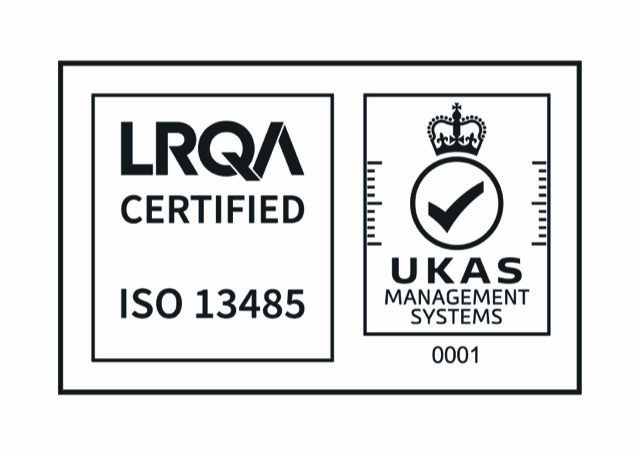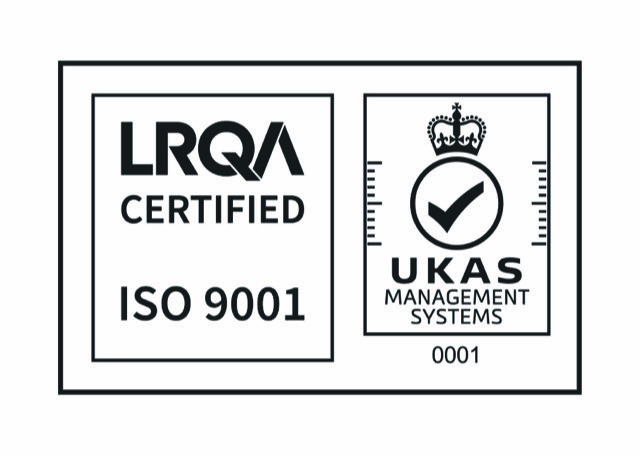Industries benefit from injection moulding
Plastic injection moulding is a widely utilised manufacturing process across various industries due to its reliability, rapid production cycle times, high-volume capability, and minimal material waste. The process also offers significant flexibility, allowing manufacturers and design engineers to tailor moulding parameters and material selection to meet diverse and highly specific customer requirements.
Medical and Pharmaceuticals
Plastic injection moulding is essential for the manufacture of medical and pharmaceutical products since many medical items must be shatter-proof, non-porous, and of the highest quality and hygiene possible.
Injection moulded plastics are utilised across a broad spectrum of medical and pharmaceutical applications, enabling the production of components such as implants, emergency medical equipment, and a wide array of consumables. In the pharmaceutical sector, injection moulding is employed to manufacture high-precision items including bottles, caps, syringes, vials, trays, containers, and blister packaging. Complex medical devices, such as insulin pumps and dialysis machines, also benefit from this manufacturing method.
Injection moulding offers significant advantages to the medical sector, including reduced production lead times, cost-effective material utilisation, and the ability to produce high-quality components at scale. The technology demonstrated its global responsiveness and scalability during the COVID-19 pandemic, when manufacturers rapidly ramped up production to meet the urgent demand for rapid test kits and related medical supplies.
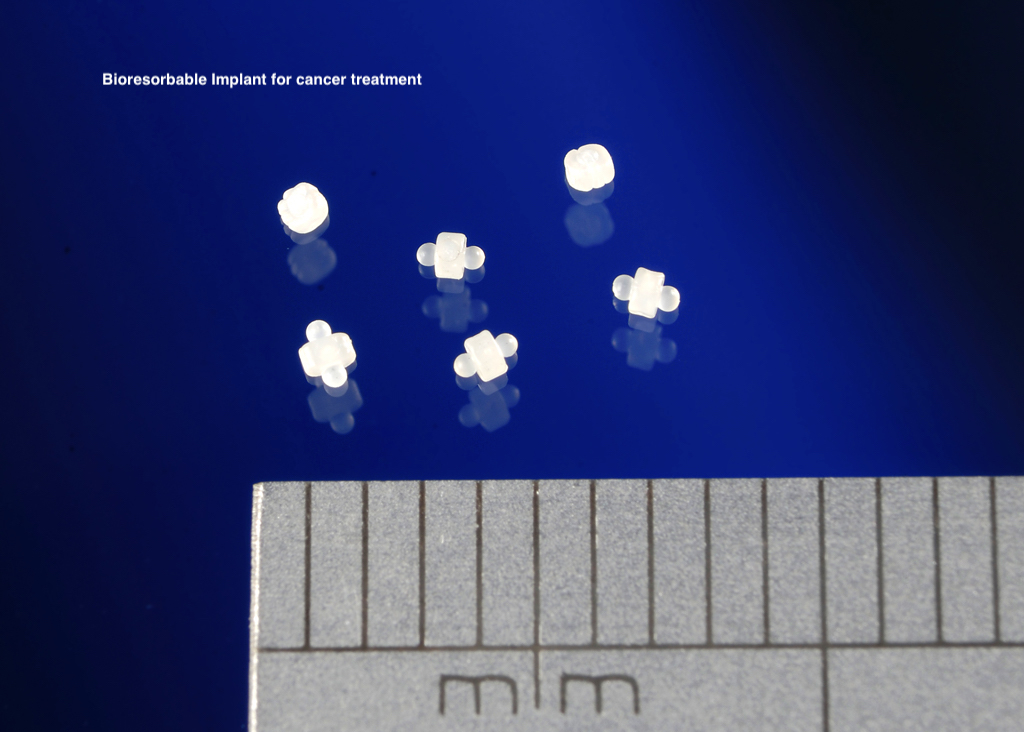
Photo: Micro Systems
Food and Beverage
Plastic injection moulding has become a widely adopted manufacturing technique within the food and beverage sector due to its ability to produce complex, durable, and cost-effective components. The process supports the efficient and high-speed production of items across a wide range of sizes, while maintaining stringent quality standards.
One of the key advantages of injection moulding in this sector is its capacity for high-volume production with minimal human intervention, making it ideal for manufacturing items such as food/drink packaging containers, where precision and uniformity are critical. Plastics used in this process are particularly well-suited to food applications, as they are resistant to chemical interaction with food products and offer protection against contamination from external sources.
Furthermore, many polymers used in food-grade injection moulding—such as BPA-free and non-toxic materials—are certified by international regulatory bodies for use in food contact applications. This ensures compliance with hygiene and safety regulations, allowing manufacturers in the food and beverage industry to meet both performance and regulatory requirements through the use of advanced injection moulding technologies.
Automotive and Electronic
Modern automobiles require components with highly precise and specialised characteristics to ensure optimal performance. As a result, many leading manufacturers in the automotive sector have turned to plastic injection moulding to design, develop, and produce the necessary parts. Examples of injection-moulded automotive components include bumpers, dashboards, door trim panels, and smaller elements such as cup holders and mirror housings.
To meet the rigorous standards of performance and durability, plastic parts used in the automotive industry must withstand extreme conditions, including high temperatures and continuous usage over extended periods. A variety of thermoplastics, including polypropylene (PP), polyethylene (PE), polystyrene (PS), and acrylonitrile butadiene styrene (ABS), have become widely adopted for their ability to meet these demanding requirements while offering a lightweight alternative to metal counterparts. These materials are specifically chosen for their strength, heat resistance, and ability to retain structural integrity under harsh conditions.
Similarly, corrosion-resistant plastic housings increase system lifespan while also boosting performance, hence it is recommended to manufacture housings utilising plastic injection moulding techniques. Many items, from television to computer mouses contain parts made using plastic injection moulding.
The enormous degree of personalisation provided by plastic injection moulding is one distinctive benefit to be applied in these industries. Depending on their particular demands and design specifications, businesses may select from a broad choice of colours, textures, finishes, and densities for their plastic components without much restriction.
Packaging
Plastic injection moulding is an ideal solution for manufacturing a wide range of packaging components, including bottles, lids, tubs, buckets, and closures. The versatility of plastic injection moulding allows for the creation of packaging with virtually limitless variations in form, style, colour, and texture, enabling manufacturers to achieve the desired aesthetic and functional properties.
The broad selection of plastic formulations available facilitates the production of packaging with a wide array of essential characteristics, such as heat tolerance, strength, chemical resistance, UV light stability, impact resistance, and other specialised attributes that may be required for specific applications. Additionally, thin-walled packaging, which is typically less than 1 mm thick, provides an effective and portable means of safeguarding consumer goods or food products against tampering and damage. This type of packaging offers a highly efficient barrier against external contamination, ensuring product integrity throughout the supply chain.
Consumer products
So many items around us are made of injection-moulded items, from toothbrushes and shampoo bottles to lipstick cases and household cleaning bottles. Injection moulding can manufacture high-quality consumer items and packaging swiftly, with diverse, effective manufacturing that distinguishes brands. Also, plastic injection moulding is significantly cost-effective for product orders of high volume, especially when required in a short period of time, as the high cost of injection mould design and manufacture is spread out over the high quantity produced.
How can Micro Systems help you?
With more than 20 years of experience in mould design, mould manufacture and injection moulding, especially for the medical and pharmaceutical, ophthalmics, diagnostics and F&B, our team at Micro Systems can support you closely at every step of the project. We use the latest technology available on the market, together with the expertise from our experts based in the UK and Singapore, to lead your projects to success.
Contact us today for more information.
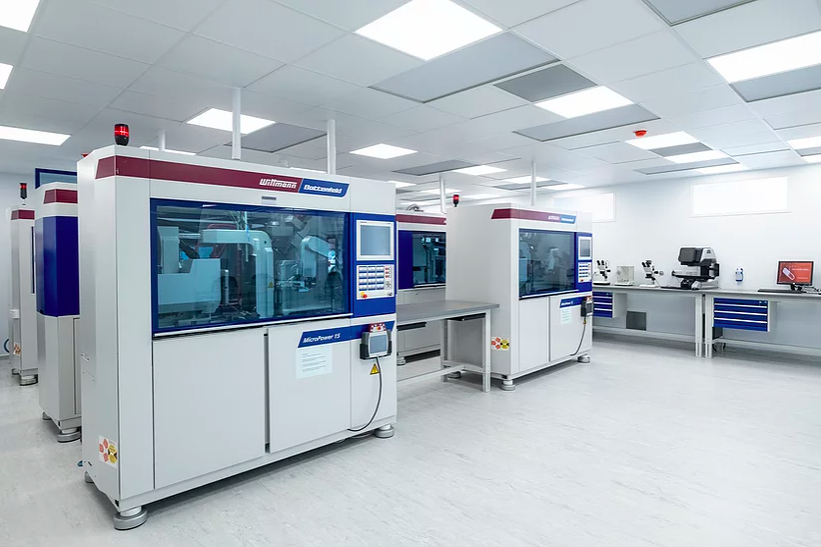 Photo: Micro Injection Moulding facilities at Micro Systems
Photo: Micro Injection Moulding facilities at Micro Systems

